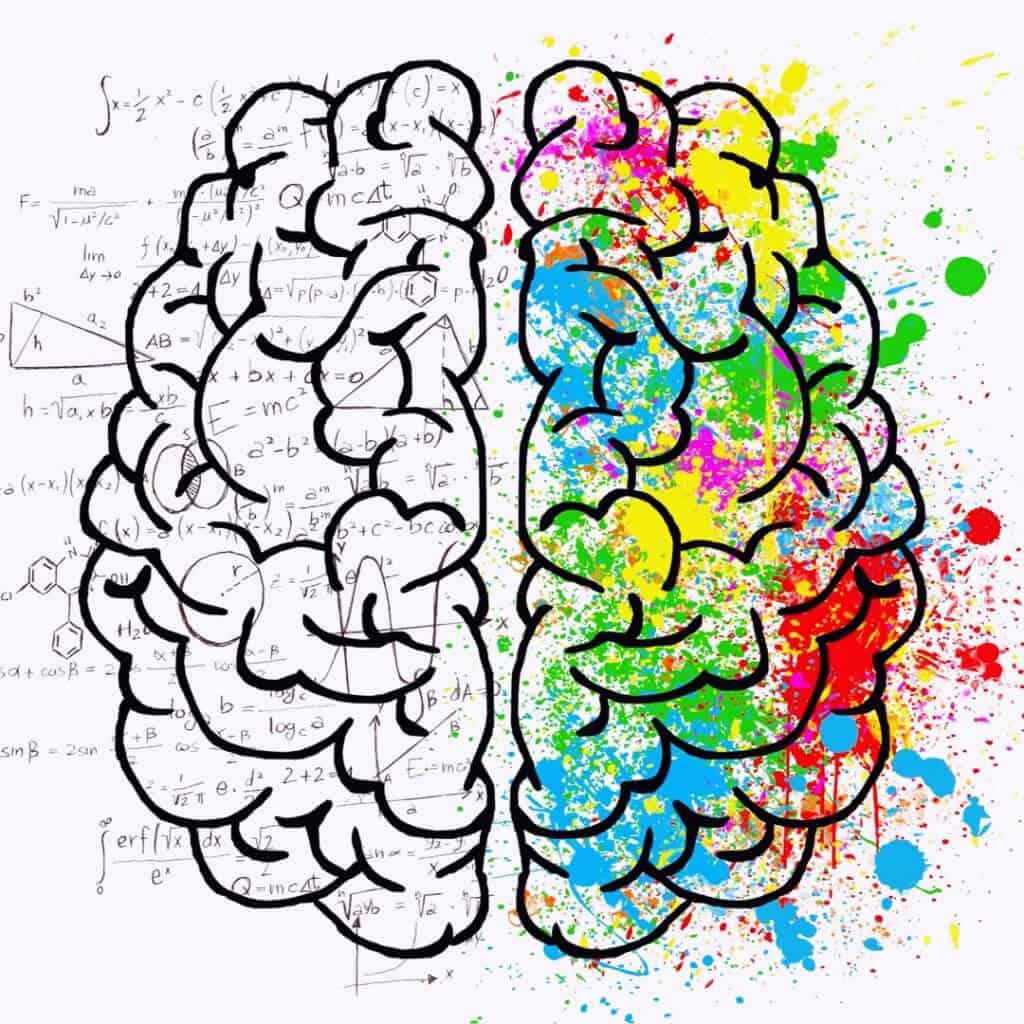Summer Math: Does Your Child Need a Break or a Crash-course?

While kids are looking forward to summer sports, vacations, and freedom, teachers and parents are painfully aware of the infamous summer backslide. Taking a complete break from school for the summer months is a foolproof guarantee that your student will forget some of what they learned in homeschool or school.
Mathematics presents itself as an especially troublesome topic for summer regression. Because math concepts build on top of each other, if a student forgets a number of important concepts over the summer they can struggle to comprehend and progress in the next grade level. In his TED Talk, Sal Khan talks about how many students never truly master early and fundamental math concepts before moving forward.
Should I teach math during the summer, or do my kids need a brain break?
Will a summer-long break erode your child's solid math foundation? Does avoiding textbooks during the summer months cause devastation to a student's recall? Or does your child need a break from math?
We received a variety of answers to these questions when we asked a group of professionals in various education-related fields about learning math over the summer. Here are three slightly differing opinions from three math experts.

Vacations Are Important Parts of the Learning Process
Alex Bozman is the CEO of Nuhubit Software Studios LLC, where he makes educational games, including the arcade-style factoring game, Bubbly Primes. He also teaches the cello. The following is the creative and detailed advice he had to offer.
Summer Learning Loss
I'm not a kid, but I too experience summer learning loss. It's very natural. When we work on something, we get better at it and when we take a long break, we get rusty. However, it's important to pay attention to some of the benefits of a break as well.
The mind digests things in funny ways, and breaks and vacations are important parts of the learning process. How can we avoid the backsliding and still get the benefits of a break?
Do Not Take a Traditional Approach
Choose a different approach during the break and cultivate a different perspective. That's one reason why I wouldn't advocate spending the summer drilling kids with flashcards, worksheets, and quizzes just like they do all year.
Those things can be counter-productive even during school. As much as they provide mechanisms to drill skills that need drill, and test results that provide feedback to teachers who need it to tailor kids' coursework, they also can contribute to math anxiety and related ills.
So, the question before us is, how can we provide a different perspective on math during the summer?
Ways to Provide Different Perspectives on Math
Math games are an excellent option. There's math board games, dice games, video games, apps, puzzle books, and so forth.
Another approach is practical applications. For instance, perhaps you haven't figured out where you stand yet on the thorny question of allowances. You could dip your toes in the water by giving your kids a “summer grant” in which the budget has to be presented ahead of time, and accounting has to be done to show the budget is being followed. It's sort of another math game, actually.
Another interesting approach is music. Music does not help directly with math, and yet, it's well documented that studying music is correlated with better math performance. It has to do with the kinds of thinking that music develops. It is definitely an approach from a different perspective.
The Bottom Line
So, I would avoid workbooks and summer courses, in favor of creative approaches such as math games, music studies, and practical applications.
Alex told us that he is a fan of taking his own advice, and will be playing math games, making budgets, and studying music this summer!
The Summer is the Only Time to Properly Learn Math

Summer has always been the best time to get ahead in math. But today, it is the only time for traditional school students to properly learn math. As public schools waste the entire year on common core nonsense, the summer is the best and only time to actually build a foundation.
Using the Summer to Build a Strong Foundation

Math success comes from the ability level with fundamentals, not from how many formulas you know.
Elementary Students
For younger students, drill multiplication tables until they are sick of them, and then drill some more. Our app, Multiplication Synapse, is one of many apps that can help with that.
Middle Students
Slightly older students should spend the whole summer doing fractions. You don't need to mix in anything else. Just hammer home fractions until the student dreams about them.
High School Students
Older students should focus on factoring trinomials in preparation for algebra. If you aren't familiar with factoring, use Khan Academy, and get familiar with factoring. Make sure your child then completely masters it.
The Bottom Line
The most important thing: don't use the summer to review the previous year. Use it to get ahead during the following year! Do next year's material during the summer, not last year's material.
Use Creative Workbooks During the Summer
Eugenia Francis didn't just give us advice for improving kids' math skills over the summer, she gave us a true story. Eugenia is a university English instructor turned children math book writer. You'll read more about her unconventional workbook, Teach Your Child the Multiplication Tables, Fast, Fun & Easy, through her true story below.
Her story will hit home for afterschooling parents.
Summer Is Ideal for Teaching Children the Times Tables
Times tables mastery is too important a task to be left to schools alone. Many students, especially public school students, finish the school year without mastering the times tables. Plenty of children in non-traditional education programs may also need some extra practice time when summer rolls around.
My innovative workbook, based on easy-to-remember patterns and designed for grades 2-4, is a serious math workbook disguised as a fun activity book. My workbook with its child-friendly circus characters instructs and entertains. My goal is not only multiplication mastery for all children, but to instill in them a love of numbers and fascination with math.
My Times Tables Workbook

I knew my workbook would be a success when I gave a copy to a friend who was spending the summer at the beach. She told me she'd have her son spend 20 minutes a day on my book. However, she found that he was filling in pages and pages on his own and wouldn't put the book away till dinnertime.
Top learning specialists, including Sandra Rief, author of How to Reach and Teach Children with ADD/HD, have endorsed my book. I've sold 18,000+ copies on Amazon in the US and Europe and even been profiled in The Wall Street Journal.
The Bottom Line
Most children enjoy math problems when they aren't presented as "homework" or required "problems." When your child is unable to master a concept during the academic school year, the summer is a perfect opportunity to emphasize a specific area of study.
Last updated on May 17, 2017







We haven't always been able to make homeschooling work, and the kids have bounced between schools and school styles. Speaking from experience, the summers were definitely a saving grace. When the kids were at public schools we always spent summers finding and patching as many holes as we could.
Finding the holes is usually more difficult than patching them...
"The Summer is the Only Time to Properly Learn Math" -- this is why I'm so happy to be an unschooler...